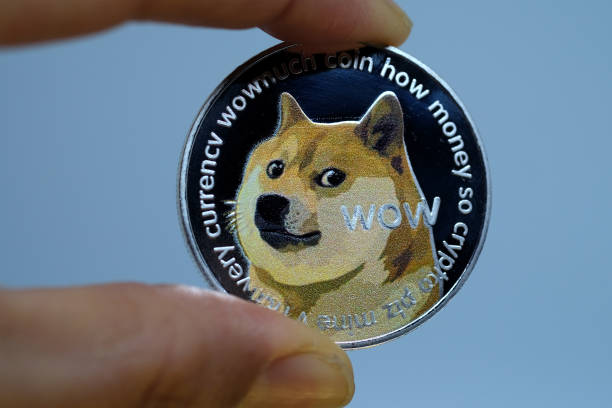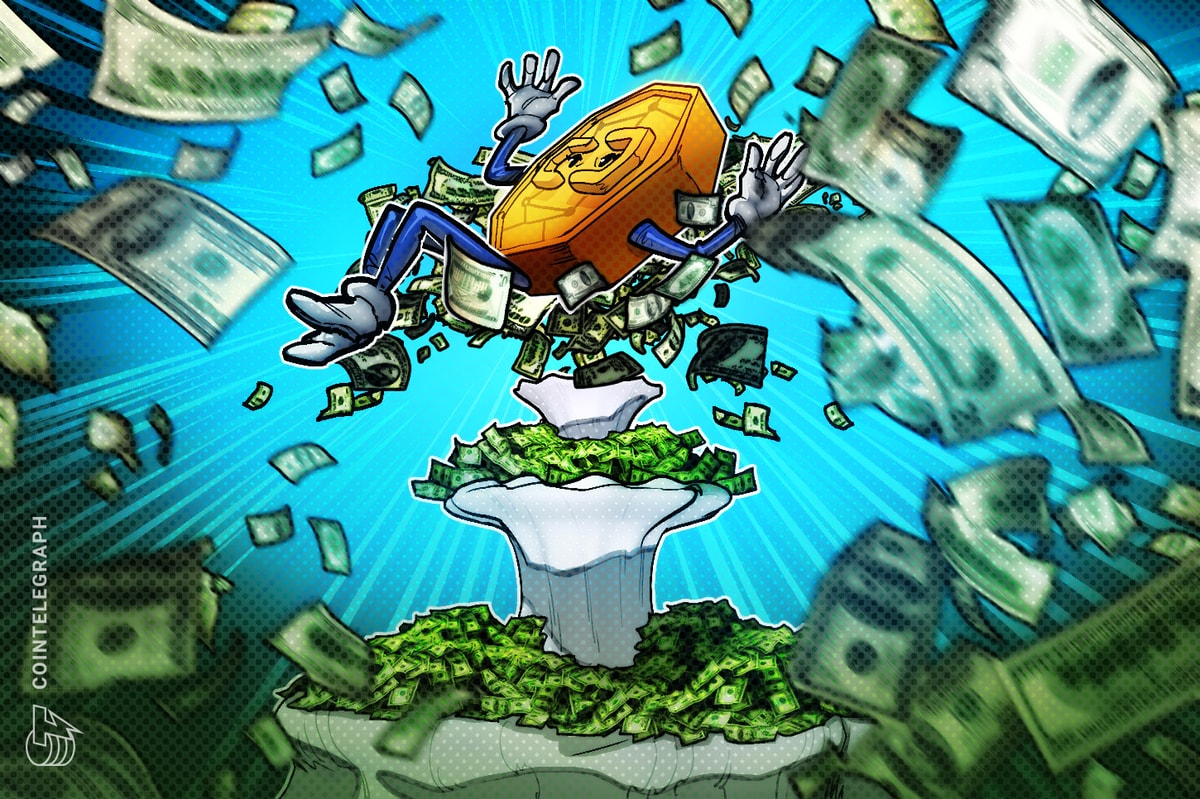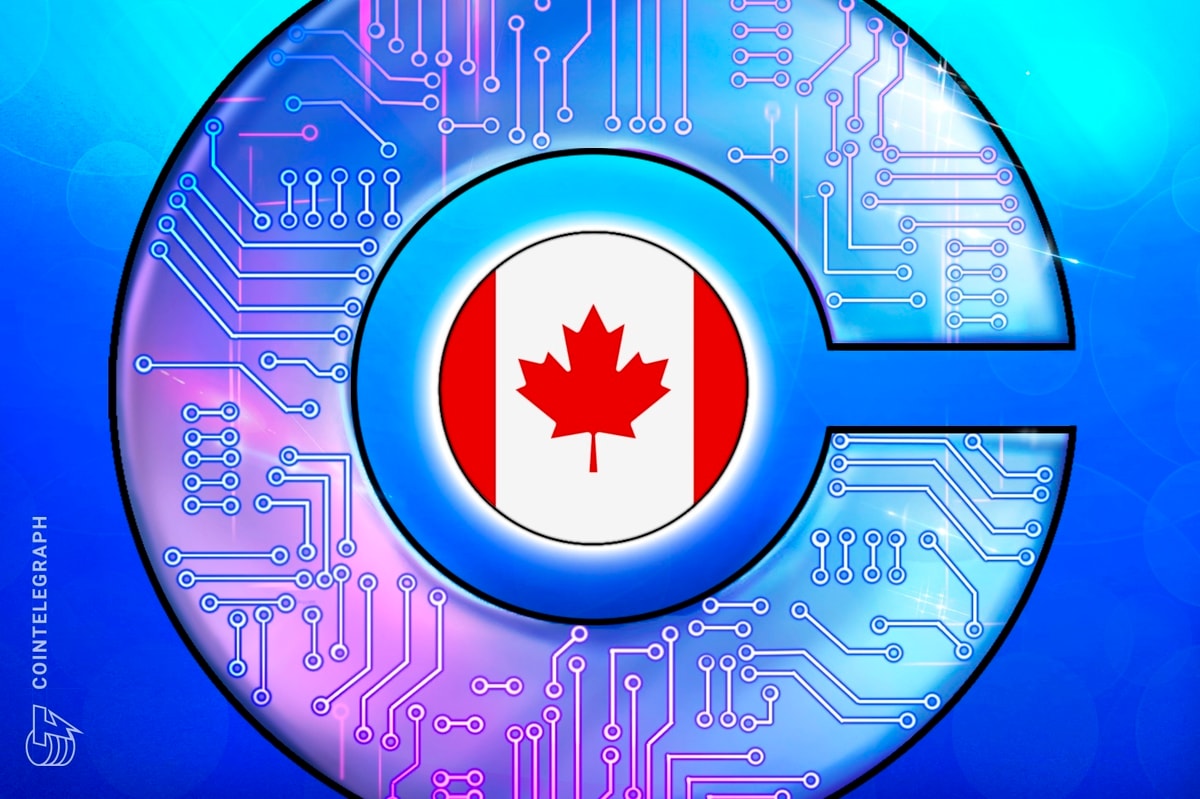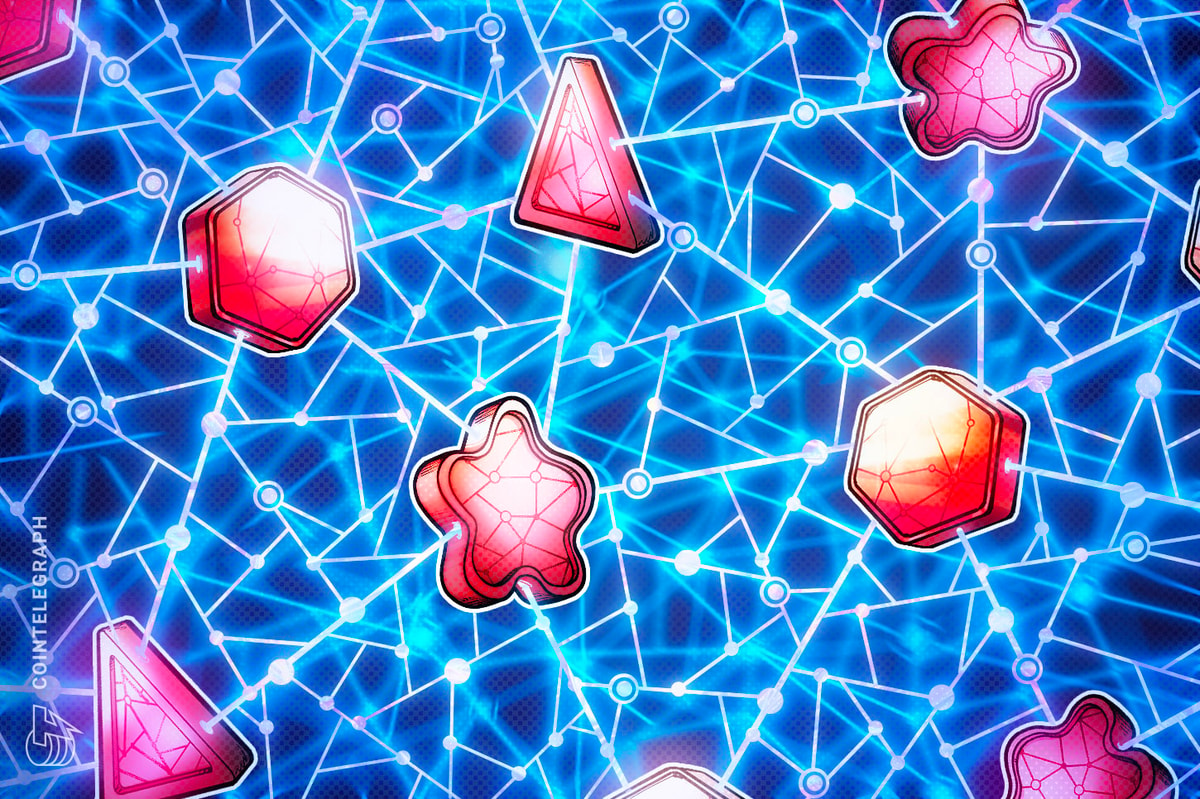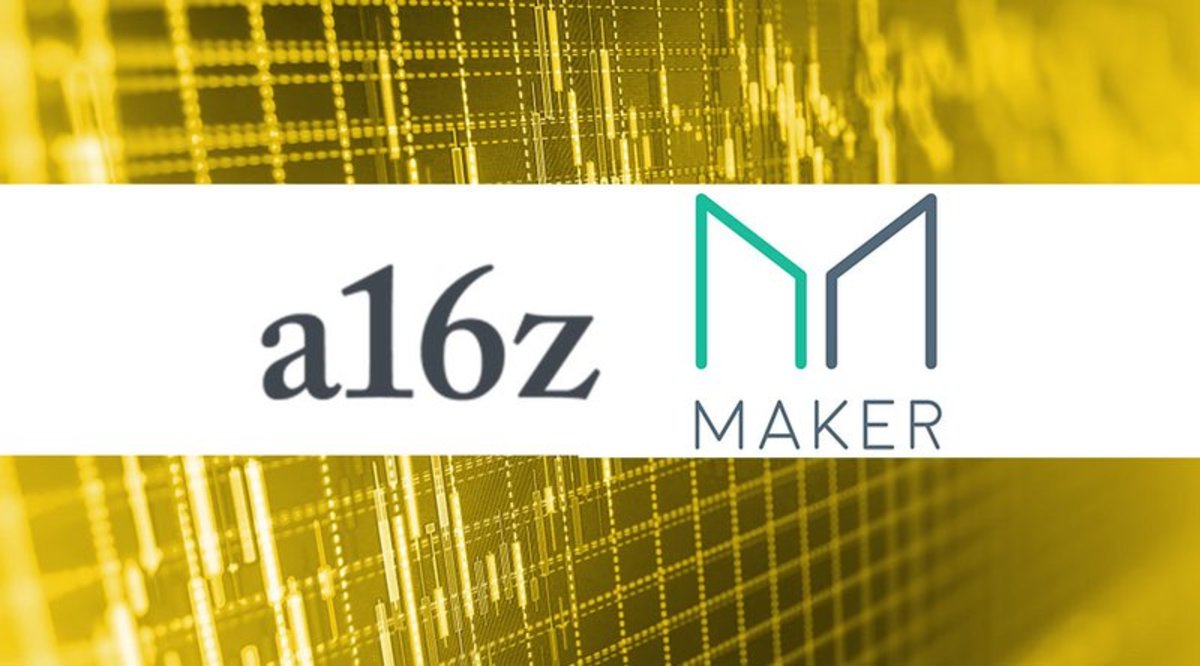
Stablecoins are becoming big business these days. In a $15 million deal, Andreessen Horowitz’s a16z crypto fund is buying 6 percent of the total MakerDAO maker (MKR) token supply. The investment will give a16z a financial and governance stake in the dai stablecoin.
A16z made the announcement today, September 24, 2018. MakerDAO also received $12 million in a round led by Andreessen Horowitz and Polychain Capital in December 2017.
A stablecoin is a token pegged to another asset, like the dollar. Stablecoins can provide a hedge in the volatile world of crypto trading, especially in exchanges that have no direct link to banking. MakerDAO has two main tokens: dai and MKR. A separate token, MKR works alongside dai to help dai maintain its 1:1 peg with the U.S. dollar.
A16z sees a world of opportunity for stablecoins. “The same volatility that is holding back crypto for payments is also limiting its use for a host of other financial services and products,” a16z partners Katie Haun and Jesse Walden said in a co-written statement.
“Today, it’s not really practical to make a long-term loan in bitcoin because you’d have to consider two independent risks: first that the loan would be repaid, and second, whether the bitcoin would be worth more or less at the time the loan came due.”
The purchase of MKR marks the first investment from a16z’s dedicated $300 million crypto fund. The move was driven by Haun, a former federal prosecutor who led the investigations into the Mt. Gox heist and Silk Road.
According to the terms of the partnership, MakerDAO, a project that runs on Ethereum smart contracts, will receive the operating capital over three years. Dai adoption and regulatory support are main priorities, says a16z. To reach those goals, Andreessen Horowitz and a16z will be offering expertise in areas ranging from sales and business development to marketing, talent and more.
A16z is not the only company to set its eyes on MakerDAO. ConsenSys, a production studio for Ethereum-based startups, has partnered with MakerDAO on two social-good projects: Bitfröst and optiMize. Blockchain money transfer company Wyre has also partnered with MakerDAO.
Ethereum creator Vitalik Buterin considers MakerDAO one of the “most interesting” projects running on Ethereum. “The way that whole construction works and how it is designed to be decentralized is fascinating,” he said in a recent interview with Bitcoin Magazine.
Still, MakerDAO faces some stiff competition. Currently, there are 29 active stablecoins in the market, all vying for a piece of the action. Tether is by far the most popular, with a $2.8 billion market cap. The difference between tether and dai, however, is how the two assets are collateralized.
Tether is supposedly backed by fiat (the company tells us this but has had no official audit to support those claims). MakerDAO, on the other hand, is collateralized with ether, the native token of the Ethereum blockchain. But because ether is a volatile asset, if you want to buy $100 worth of dai, you have to deposit $150 worth of ether.
How dai works is not inherently easy to understand either. MakerDAO uses an elaborate scheme of tokens, smart contracts and “autonomous feedback mechanisms” to maintain its peg.
To get dai, for instance, you send ether to an Ethereum smart contract. You then lock your ether into a collateralized debt position (CDP) and draw out a loan of dai against that. To redeem ether, you send dai back to the CDP, along with accrued interest that can only be paid for with MKR.
After interest is paid, MKR is burned, removing it from the total supply. The logic here is that if the adoption and demand for dai and CDPs increase, so too will the demand for MKR. In terms of its governance role, MKR will also enable a16z to vote on certain “risk parameters” of CDPs.
MKR is currently trading at $459 with a total supply of 1 million. If the demand for MKR skyrockets, that will be a boon for a16z. But first, a16z needs to convince crypto traders that dai is a better bet than tether, or fiat, for that matter.





